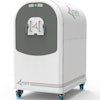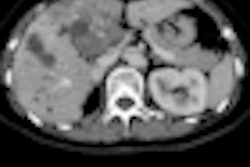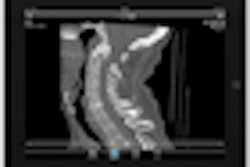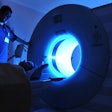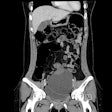Dear CT Insider,
Welcome to our final newsletter of 2011. As you'll see from our latest coverage of CT, we're ending the year with a bang!
If you were to type "iterative reconstruction" into Google, you're likely to get nearly 4 million results. This impressive statistic underlines just how important the topic has become, and at the recent RSNA 2011 meeting, a growing number of studies confirmed the clinical usefulness of iterative reconstruction in reducing dose levels.
Radiologists from the Technical University of Munich reported that they have achieved an average dose reduction of about 50% in CT examinations, although they pointed out the level of dose reduction depends on the initial settings, type of examination, and subjective image criteria. Furthermore, image quality requires constant evaluation. For the details, visit our CT Digital Community or click here.
Also making a huge splash at the RSNA congress were Apple iPads, which are clearly becoming more than a mere toy. The increasingly popular tablet device can be used for remote reading of emergency CT studies by radiologists on the move, according to the experiences of a top London institution. Get the story here.
Italian researchers used the Chicago conference to explain why the iPad 2 can be used safely and effectively for 2D reviews of CT colonography images, but they noted that using the device for this purpose takes longer and may require extra training. Click here for our report.
Another Italian group has discovered that coronary CT angiography is more effective than coronary artery calcium scoring for predicting the presence of obstructive disease in patients with acute chest pain. Learn more by clicking here.
Last but not least, CT is finding an increasing role in virtual autopsies. The Lancet has published a major new investigation into this emerging field, and its findings are likely to influence the future development of autopsies. To read more, click here.




